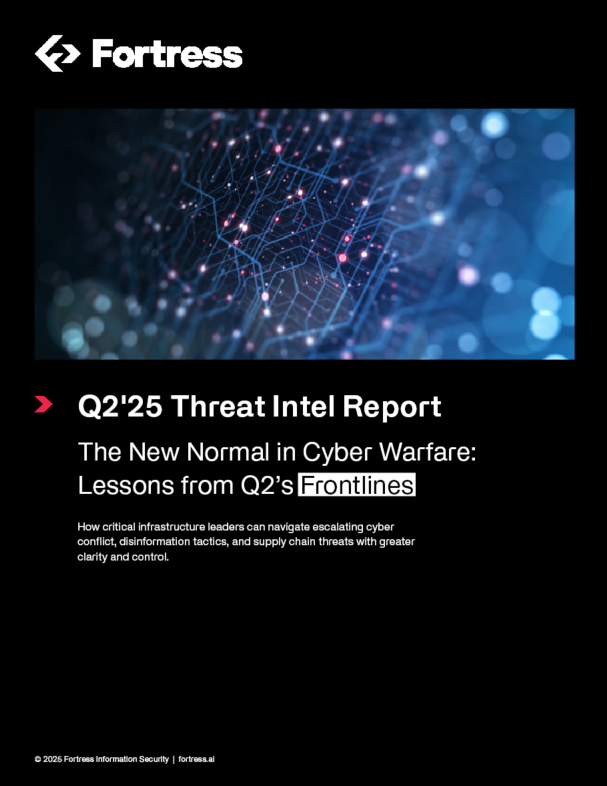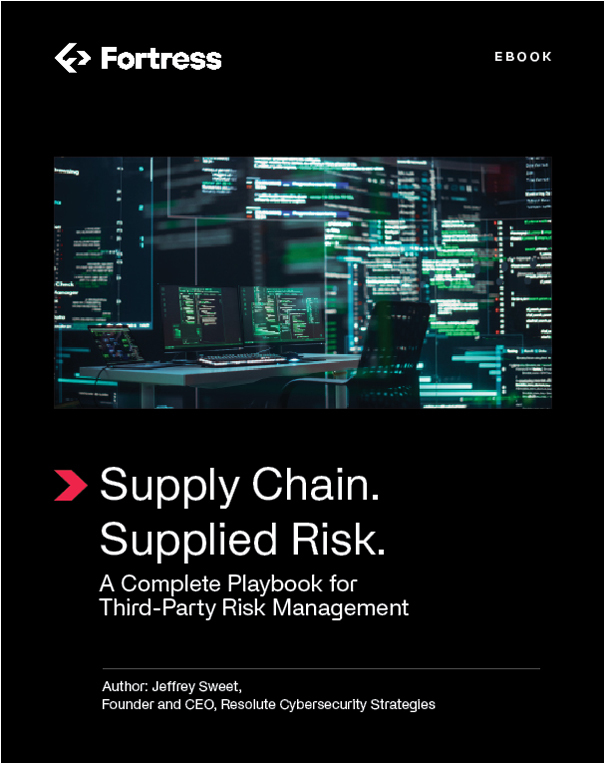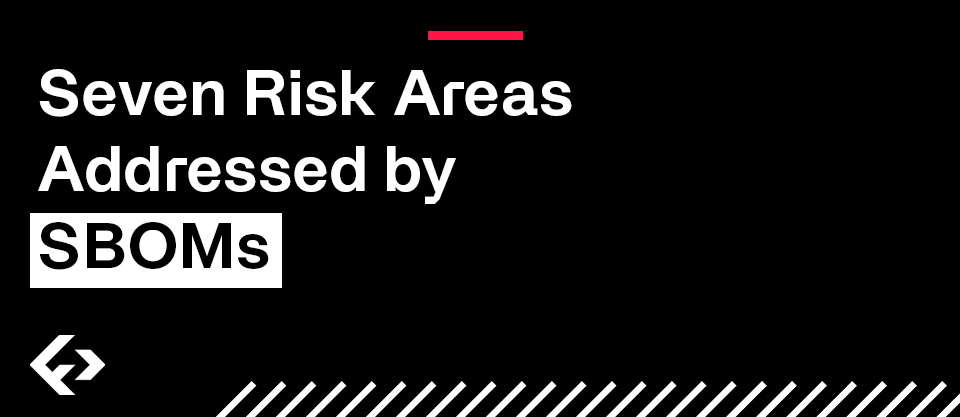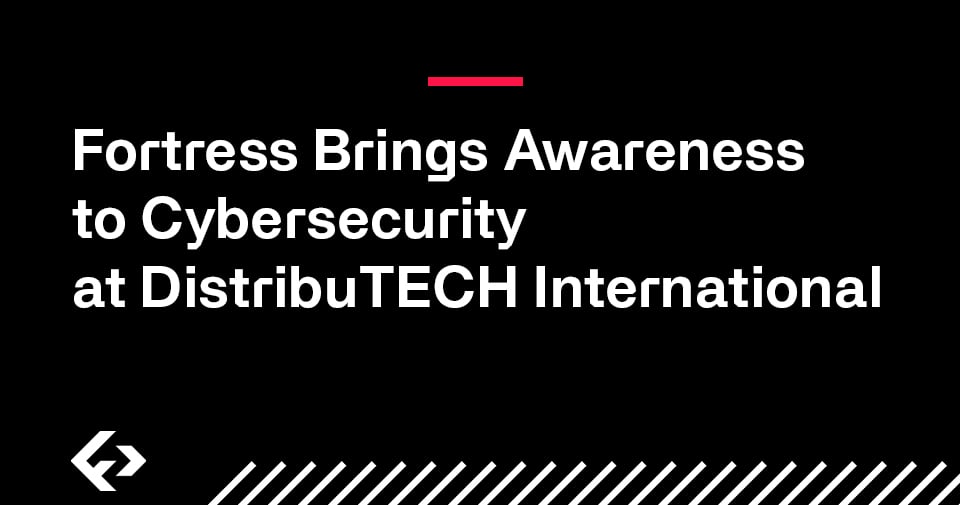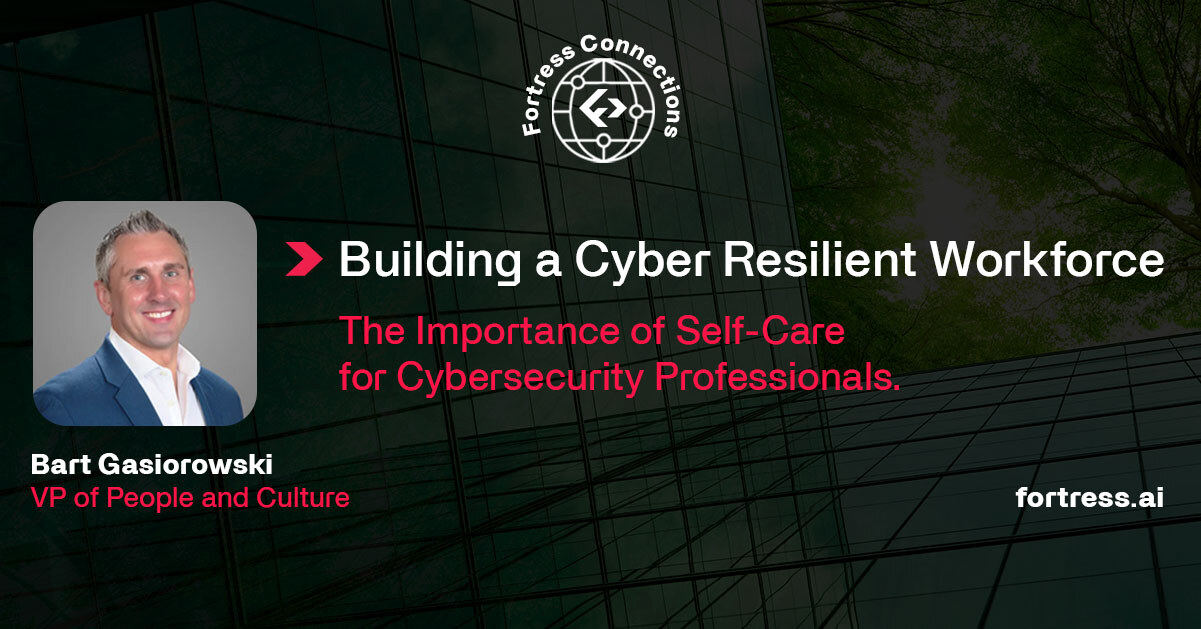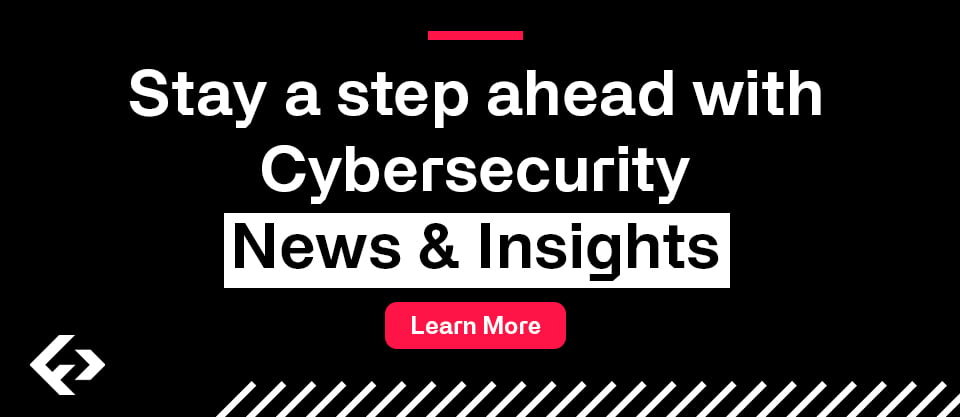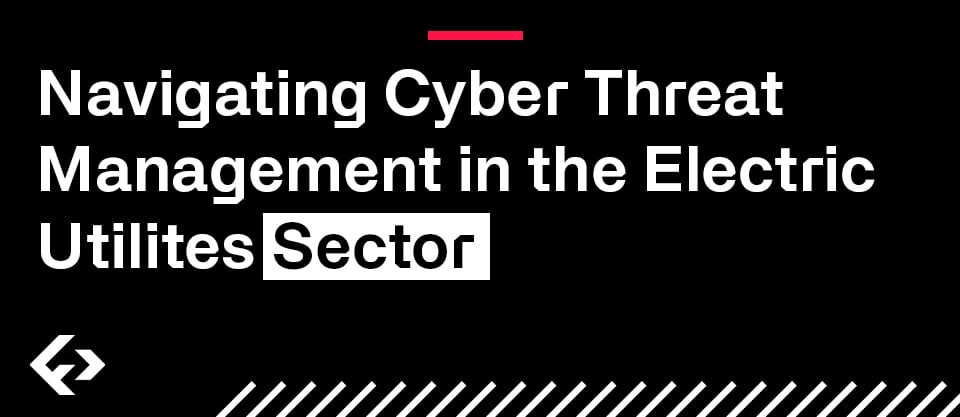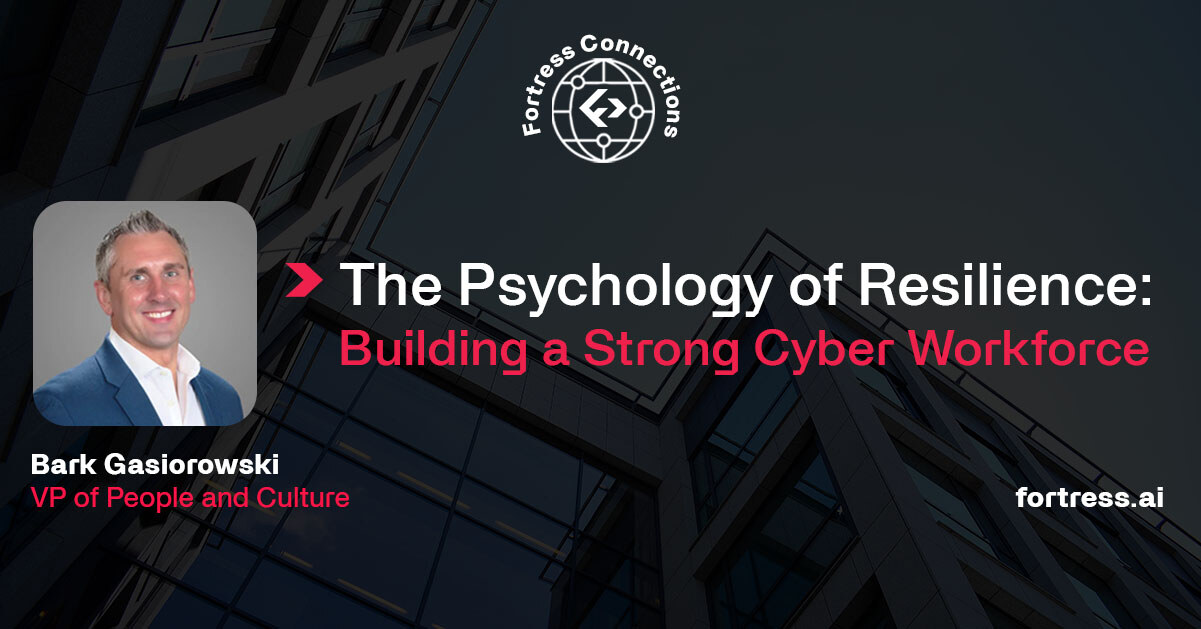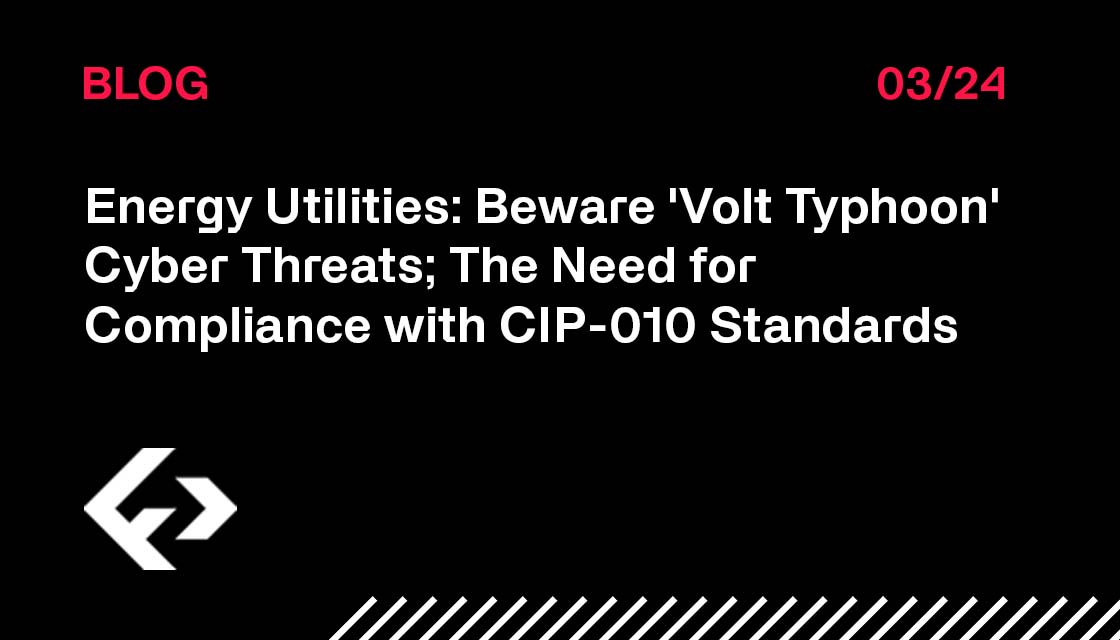#FortressConnections is a blog series focusing on the Absolutely Critical insights and industry news directly from the frontlines at Fortress.
As a talent leader who really cares about our cybersecurity experts, I've seen firsthand how hard our teams must work. In this day and age of constantly changing cyber threats, cyber analysts and other cybersecurity experts are our first line of defense. It is their job to find and thwart constant and persistent threats making security executives and analysts alike experience perpetual cyber warfare and always bring on guard. Constant stress negatively affects security outcomes due to its adverse impact on cyber practitioners' physical and mental health, leading to burnout and less work getting done.
Why it's important to be cyber resilient
When it comes to cyber resilience, the collaboration and speed of our workers are just as important as tools. In this way, being resilient means more than just getting back on your feet quickly after a loss. If we create a proactive, resilient, and sustainable plan to empower a cyber resilient workforce, our team members will be prepared to manage stressful circumstances and recover quickly from obstacles. It is highly likely that cybersecurity professionals who feel supported and guided by their leaders in practicing resilience through self-care will ultimately decrease talent retention risks.
Forging Cyber Resilience: Prioritizing physical and mental wellbeing
Stressing the need of physical and mental wellbeing as a pillar of a capable cybersecurity team is essential. Cyber workers must give personal wellbeing top priority if they want to keep their mental and emotional health sharp and intact. Employing the following tactics, organizations can promote, educate, and implement physical and mental wellbeing initiative:
- Fostering Pauses: Objectives that call for constant attention and quick thinking can be highly taxing on mental wellbeing. With the right breaks scheduled in their workday, analysts can stay vigilant. Our experts need rest times to stay focused and productive, which enables them to go on performing well in their roles.
- Promotion of Mental Health: Mental health does not have to be taken on alone, the creation of employee resource groups can provide leadership and/or peer support in an open, safe, and trusted forum.
- Initiatives regarding Health and Fitness: A great way to lower stress levels is to implement wellness programs that encourage physical exercise. Encouraging people to prioritize their health means promoting regular exercise, mindfulness, and breathwork integration into their schedules. These activities work wonders to counteract the negative effects of extended sitting and promote a generally healthier way of life.
- Flexible work hours: Employees can balance their personal and business lives better when they can work from home and set their own hours, which lowers stress for everyone. Maintaining a great team requires having a flexible schedule since it improves work-life balance and increases job satisfaction.
- Training on Stress Management: Regular attendance to training programs that particularly include stress management strategies may be quite beneficial for professionals in the cybersecurity space. These seminars or guided trainings offer simple techniques for stress management and preserving mental health if professionals are to perform successfully even under duress.
- Creating a Positive Environment: Promoting individual self-care is as important as stressing the need to create a supportive corporate culture. As such, strong leadership plays a part here. It takes leaders that value the health of their team members and set an example by taking care of themselves to create a resilient environment. Strong teams need to be able to communicate well, acknowledge hard effort, and provide opportunities for professional development.
Conclusion
The path to a cyber-resilient organization is not solely through technological advancements but also through the well-being of our cyber professionals. By integrating self-care practices and creating a supportive culture, we can enhance the resilience of our workforce, ensuring they are prepared to defend against cyber threats while maintaining their health and well-being.
What tactics have you personally implemented in your day-to-day routine to foster and prioritize your physical and mental wellness?
Let's prioritize our most valuable assets—our people—as we continue to navigate the evolving landscape of cybersecurity.

